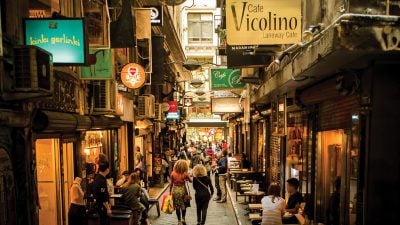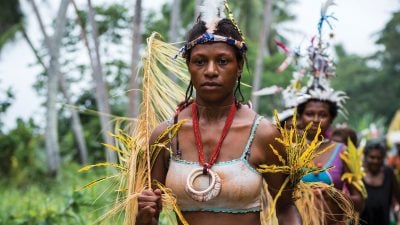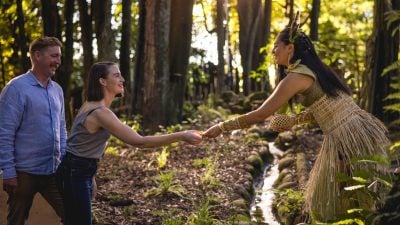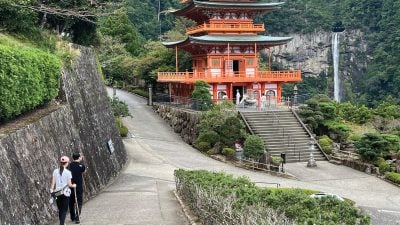Home / Australia & South Pacific / Australia / Frank Hurley: An Adventurer…
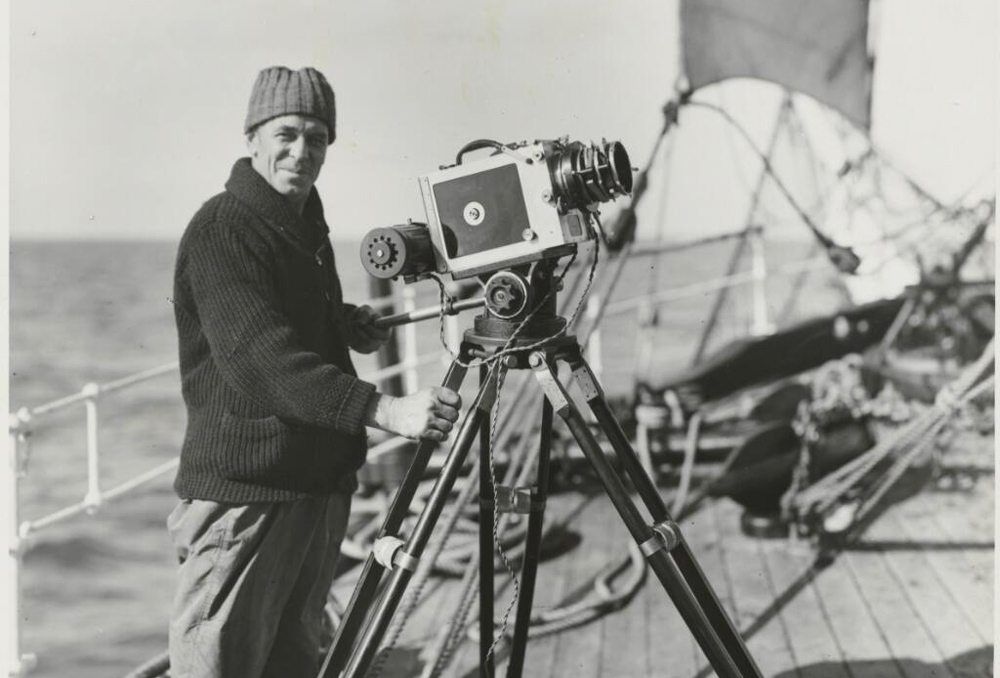
Frank Hurley: An Adventurer’s Adventurer
Those who travel outside of their own country – even once – admit to the changes it brings about in one’s perspective. These can be small or they can be large. Successfully navigating cultural differences and etiquette, new languages and new ways of doing things, right up to the extremes of being caught in civil unrest, vehicle breakdowns, or natural disasters; all have an equal influence on the experience and are often the best stories brought back and shared around a drink or two!
Very few people can compare their memories to the extreme geographical and experiential adventures of Australian, Frank Hurley. His epic adventures took place in a period where the world was being pulled into the modern industrial age, and old-world explorers where pushing the limits of the last unexplored frontiers on earth.
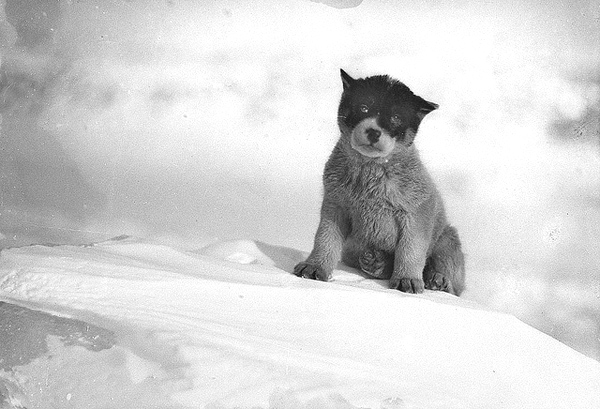
Born in Sydney, Australia, Hurley, ran away from home at 13, working in a steel mill to survive. On returning home 2 years later, he enrolled in a technical college where he was first exposed to photography. Establishing his own postcard business in a day and age when photography was a “modern wonder,” his skills grew, until in 1911, he became the official photographer on Australian, Douglas Mawson’s expedition to Antarctica. Mawson was later knighted for his achievements in leading the expedition.
As photographer, Hurley was a key member of the expedition. Beyond keeping a visual record for posterity, he earned a living on the lecture circuit upon his return. Always looking for new angles – literally – Hurley raised expedition photography to a new level in his 3 years in Antarctica. He also used these skills, along with the new “fandangle invention” of moving pictures to make an expedition film, “Home of the Blizzard,” which was shown in England. Sir Ernest Shackleton saw the film and invited Hurley on what was to become the “famous” Antarctica voyage of survival in 1914.
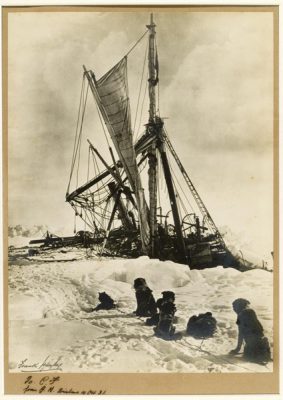
This legendary struggle of survival, saw Shackleton’s vessel, Endurance, trapped in an ice flow in January 1915, never to move again (it would be crushed later that year). Shackleton and several men set voyage in an open boat in April 1916, across the southern Antarctica seas in search of help at the “nearby” whaling station (750 miles / 1200 kms away) located on South Georgia Island, which they reached on May 20th of the same year.
While waiting for – and hoping for – rescue by Shackleton, the remaining men waited on Elephant Island for 9 months, where First Officer of the Endurance, said of Hurley, “Hurley is a warrior with his camera and would go anywhere or do anything to get a picture.”
Hurley also had a lot of time on his hands.
Caroline Alexander, author of The Endurance: Shackleton’s Legendary Antarctic Expedition, sees Hurley as a loner, “very Australian with a tough Aussie sense of superiority. He is relentlessly – not cheerful – but determined not to take stock of the difficulties around him. His diary gives you an insight into his ethic.”
Shackleton finally arranged the rescue of his men on August 30, 1916, 22 months from the original sailing date. Hurley, incredibly, returned to South Georgia to experience and record the part of the journey he’d missed – Shackleton’s navigation in the open boat from Elephant Island to South Georgia.
While Hurley and the crew fought for survival in the far reaches of Antarctica, the world had ground on, into the slaughter of WWI. With his feet barely touching the ground, returning to civilization with the honorary rank of captain in the Australian Imperial Force (AIF), Hurley headed to Europe to document the Australian forces in the trenches of the western front. He took some of the war’s only known colour photos “and some,” wrote Alexander, “are small masterpieces of stark, muddy misery.”
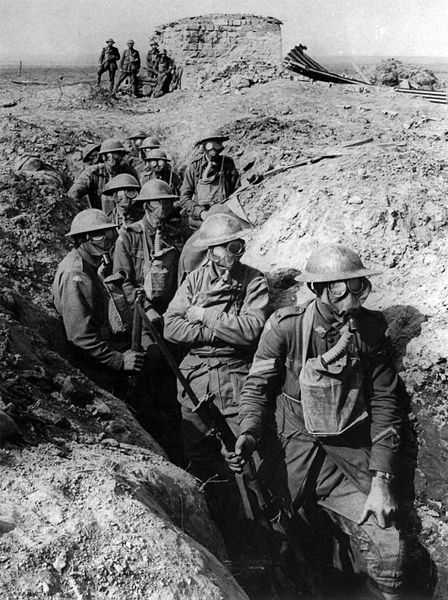
Even all of this was not enough for Hurley. After the war, he travelled to Papua New Guinea and Tasmania, where he photographed more in a travelogue style – what we today might call a blogger!
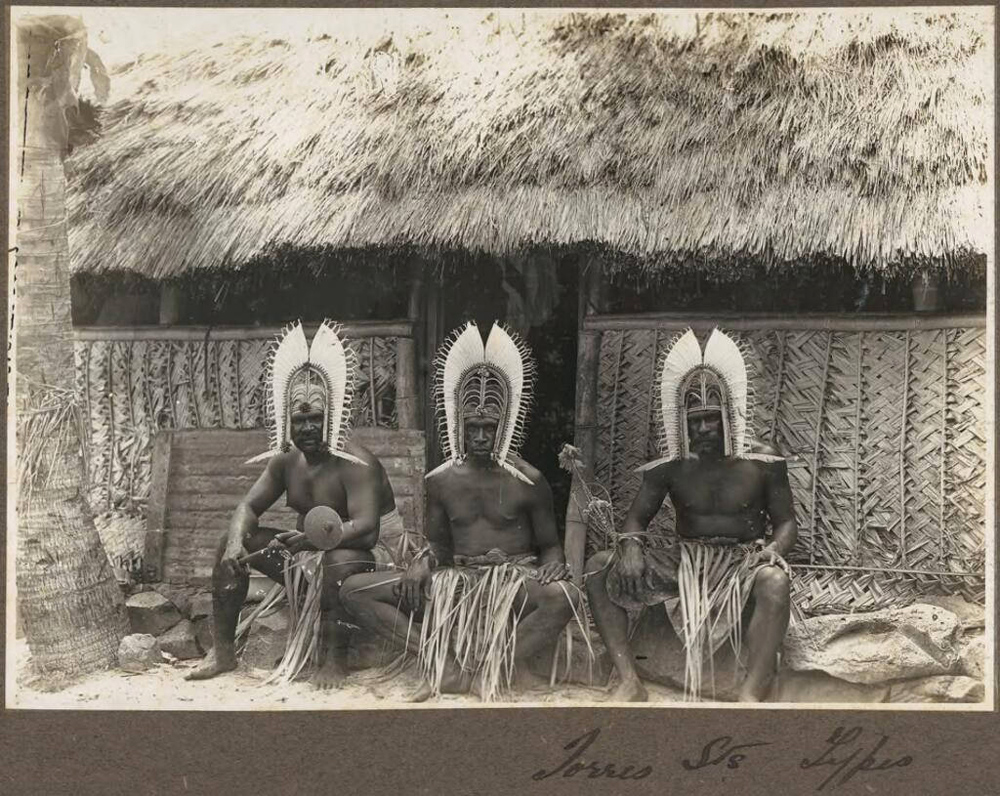
At the age of 76, Frank Hurley came home from an assignment carrying his well used and equally travelled camera. He uncharacteristically said he did not feel well and sat down to rest. He died the next day, leaving behind a wife and three children as well as a visual record of some areas that to this day are among the world’s most remote. His legacy also includes a visual record of one of exploration’s most impressive survival stories, alongside images of one of the world’s darkest moments. Most of all, he left behind a clear and infectious spirit of adventure.
As an Australian, I am immensely proud to lay claim to Frank Hurley as a fellow Aussie. Not only did he epitomize the Australian trait of the “quiet achiever,” but as a lover of adventure travel, his epic adventures are an inspiration to continually push our limits, continue to explore, and continue to learn.
Get more travel inspiration by email.
Subscribe
0 Comments

Get the latest travel trends & hear about the best deals on vacations around the world.
If you’re a Globetrotter, these are the newsletters for you!
